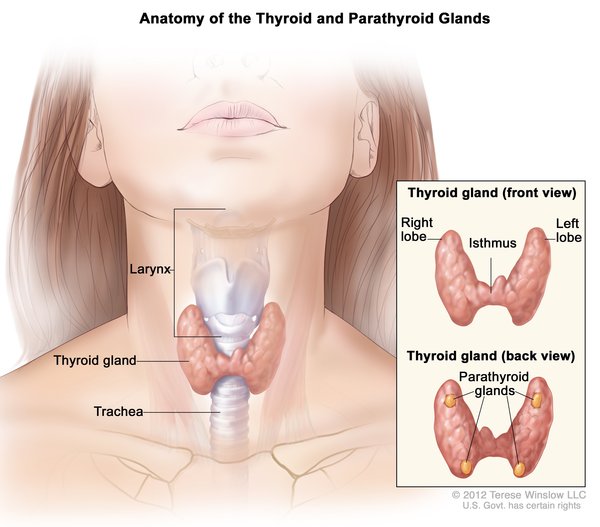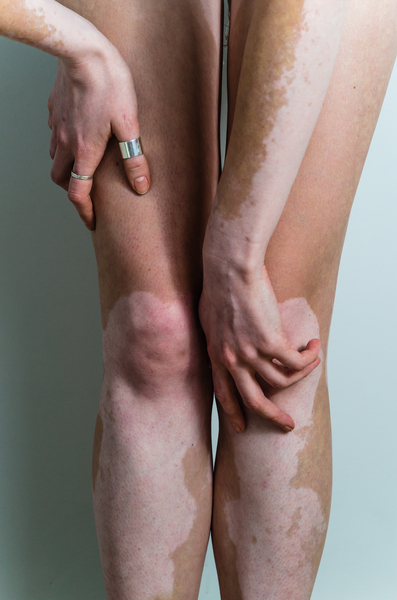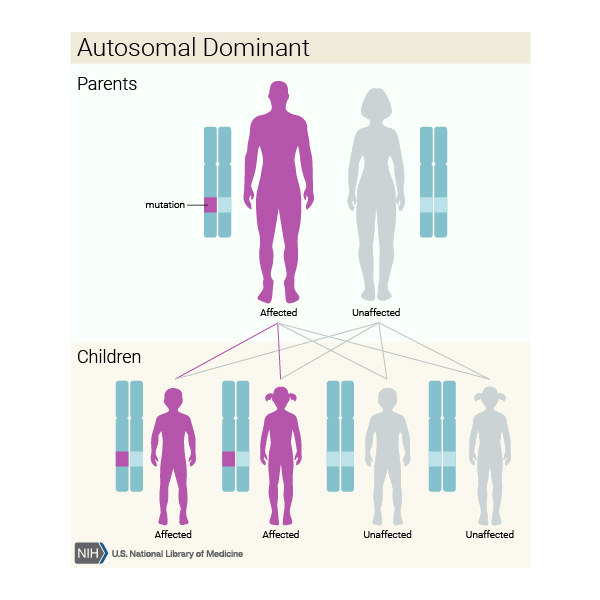Frequency
PLAID is a rare disorder whose prevalence is unknown. Only a few affected families have been reported in the medical literature.
Causes
PLAID is caused by mutations in the PLCG2 gene, which provides instructions for making an enzyme called phospholipase C gamma 2 (PLCγ2). This enzyme is found predominantly in immune system cells and is critical for the cells' roles in preventing infection by recognizing and attacking foreign invaders, such as bacteria and viruses.
The PLCG2 gene mutations that cause PLAID remove (delete) segments of DNA from the gene. These changes alter a region of the PLCγ2 enzyme that controls whether it is turned on or off. The altered enzyme does not function properly. At lower temperatures, the enzyme is constantly active, rather than being turned on only when needed. It is thought that when the skin is cooled, the PLCγ2 enzyme is turned on, and the abnormal activity triggers an immune reaction, resulting in hives and skin rashes. Researchers are unsure if a similar mechanism underlies autoimmune disease in people with PLAID. Researchers speculate that the abnormal activity of the enzyme occurs in only a small range of cool temperatures. Direct contact with a cold object, such as an ice cube, may be too cold to turn on the enzyme, which might explain why people with PLAID do not react to the ice cube test.
In contrast, at normal body temperature, the PLCγ2 enzyme's activity is reduced. The resulting impairment of immune cell function prevents the body from effectively fighting foreign invaders, leading to recurrent infections.
Inheritance
This condition is inherited in an autosomal dominant pattern, which means one copy of the altered gene in each cell is sufficient to cause the disorder.
In most cases, an affected person has one parent with the condition.
Other Names for This Condition
- Antibody deficiency and immune dysregulation, PLCG2-associated
- FACU
- Familial atypical cold urticaria
- Familial cold autoinflammatory syndrome 3
- Familial cold urticaria with common variable immunodeficiency
- FCAS3
- PLAID
- PLCG2 associated antibody deficiency and immune dysregulation
Additional Information & Resources
Genetic Testing Information
Genetic and Rare Diseases Information Center
Patient Support and Advocacy Resources
Catalog of Genes and Diseases from OMIM
Scientific Articles on PubMed
References
- Aderibigbe OM, Priel DL, Lee CC, Ombrello MJ, Prajapati VH, Liang MG, Lyons JJ, Kuhns DB, Cowen EW, Milner JD. Distinct Cutaneous Manifestations and Cold-Induced Leukocyte Activation Associated With PLCG2 Mutations. JAMA Dermatol. 2015 Jun;151(6):627-34. doi: 10.1001/jamadermatol.2014.5641. Citation on PubMed or Free article on PubMed Central
- Milner JD. PLAID: a Syndrome of Complex Patterns of Disease and Unique Phenotypes. J Clin Immunol. 2015 Aug;35(6):527-30. doi: 10.1007/s10875-015-0177-x. Epub 2015 Jul 25. Citation on PubMed or Free article on PubMed Central
- Ombrello MJ, Remmers EF, Sun G, Freeman AF, Datta S, Torabi-Parizi P, Subramanian N, Bunney TD, Baxendale RW, Martins MS, Romberg N, Komarow H, Aksentijevich I, Kim HS, Ho J, Cruse G, Jung MY, Gilfillan AM, Metcalfe DD, Nelson C, O'Brien M, Wisch L, Stone K, Douek DC, Gandhi C, Wanderer AA, Lee H, Nelson SF, Shianna KV, Cirulli ET, Goldstein DB, Long EO, Moir S, Meffre E, Holland SM, Kastner DL, Katan M, Hoffman HM, Milner JD. Cold urticaria, immunodeficiency, and autoimmunity related to PLCG2 deletions. N Engl J Med. 2012 Jan 26;366(4):330-8. doi: 10.1056/NEJMoa1102140. Epub 2012 Jan 11. Citation on PubMed or Free article on PubMed Central
- Schade A, Walliser C, Wist M, Haas J, Vatter P, Kraus JM, Filingeri D, Havenith G, Kestler HA, Milner JD, Gierschik P. Cool-temperature-mediated activation of phospholipase C-gamma2 in the human hereditary disease PLAID. Cell Signal. 2016 Sep;28(9):1237-1251. doi: 10.1016/j.cellsig.2016.05.010. Epub 2016 May 17. Citation on PubMed
The information on this site should not be used as a substitute for professional medical care or advice. Contact a health care provider if you have questions about your health.











